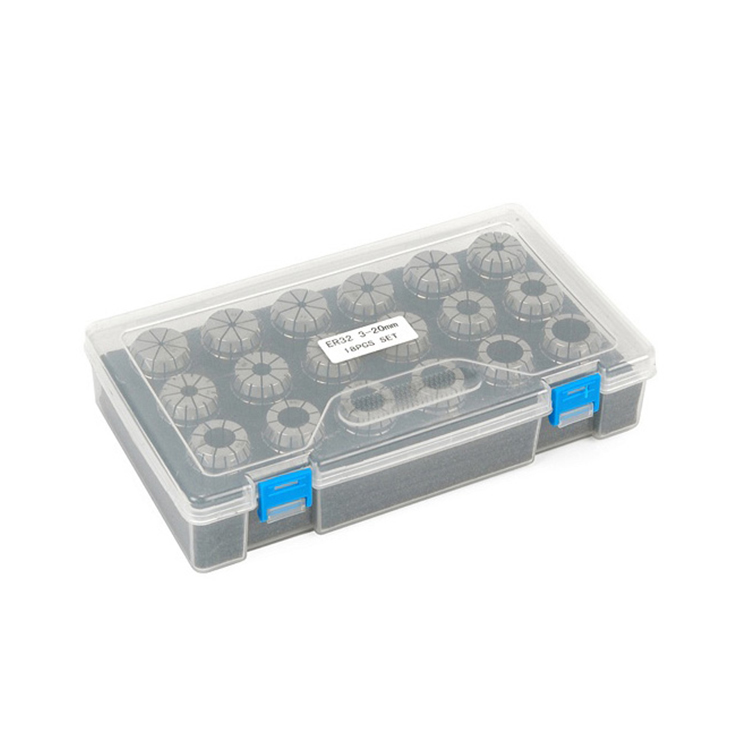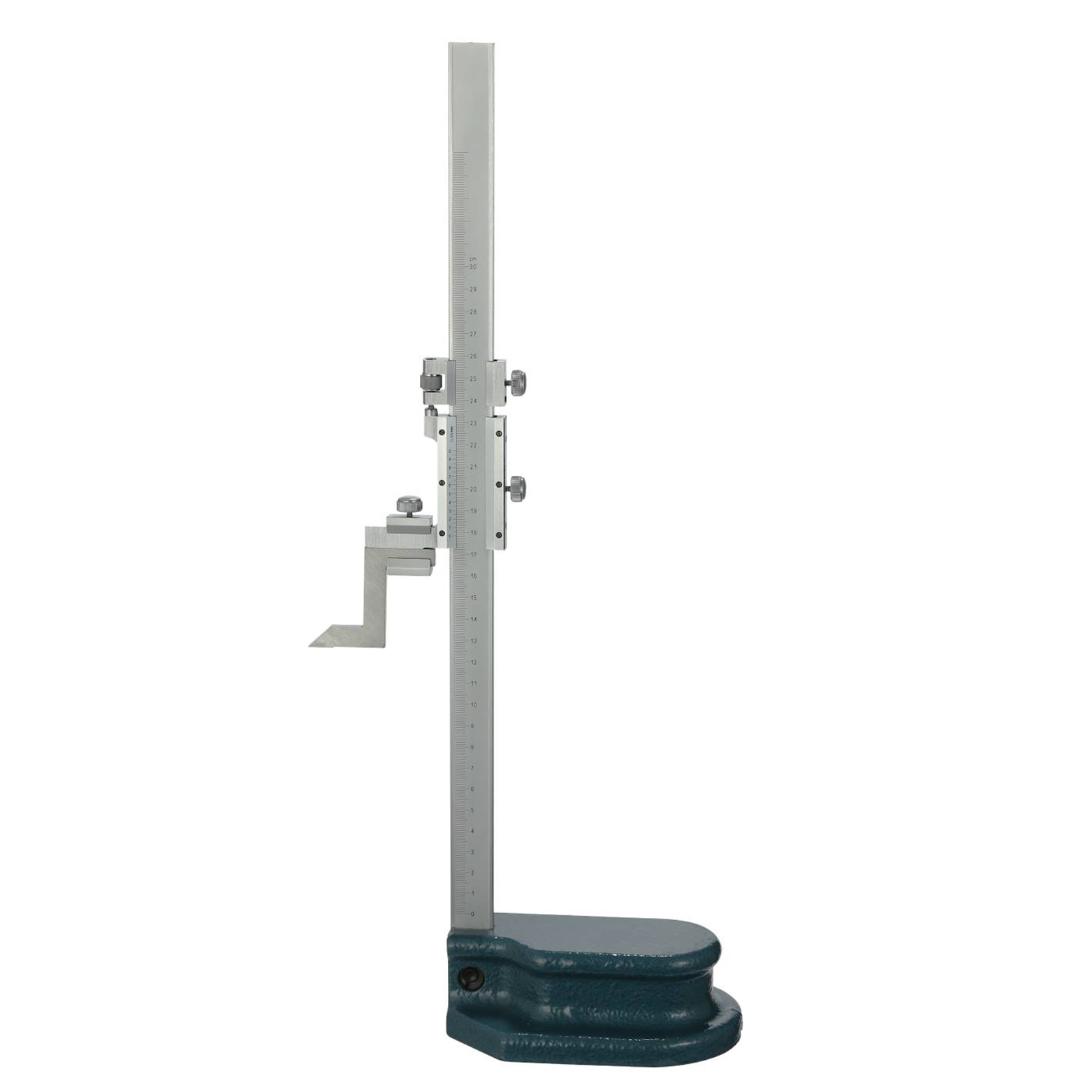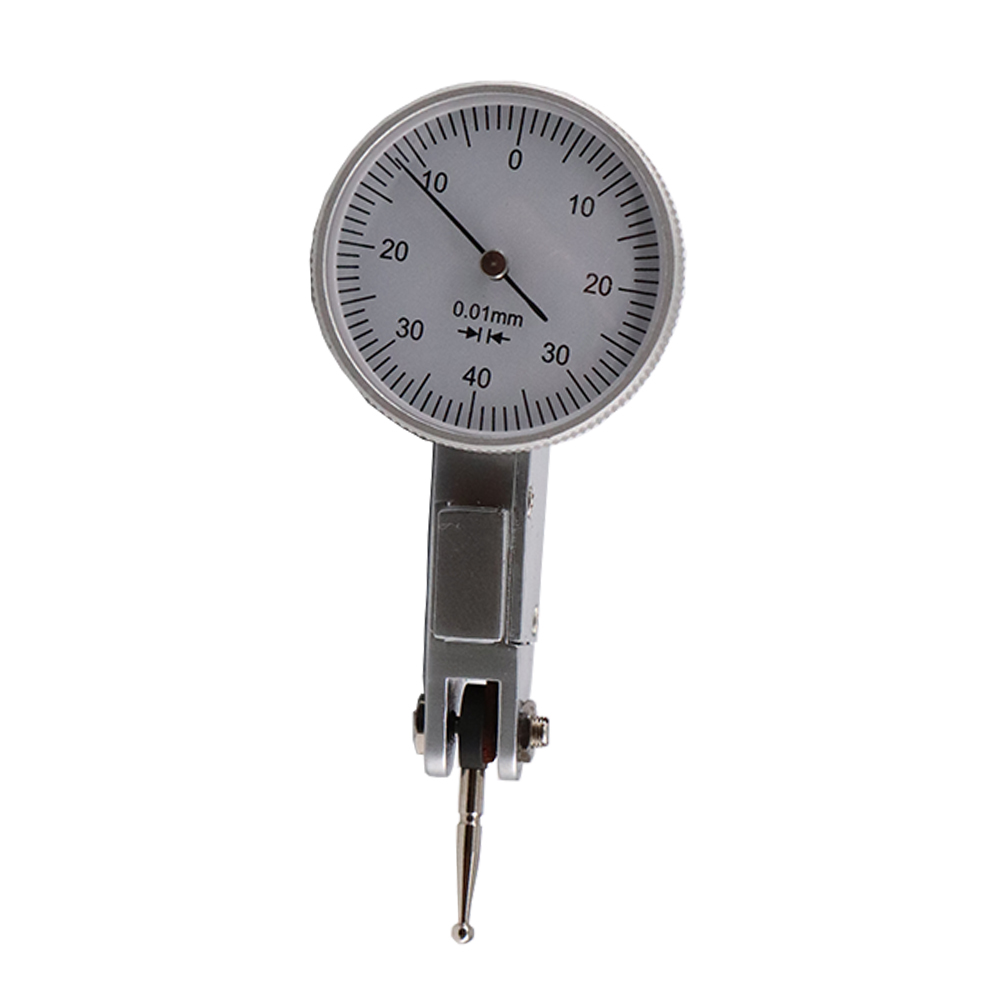Wholesale dial bore gauge
A dial bore gauge is a precision measuring instrument used to determine the internal diameter of a bore or cylinder. Selecting the right wholesale dial bore gauge requires understanding different types, accuracy levels, and application-specific features. This guide provides a detailed overview to help you make an informed purchasing decision.
Understanding Dial Bore Gauges
A dial bore gauge, also known as a cylinder bore gauge, is a crucial tool for machinists, engineers, and quality control professionals. It allows for accurate measurement of the internal diameter of holes, cylinders, and other bores. Understanding its components and functionality is essential for effective use.
Components of a Dial Bore Gauge
A typical dial bore gauge consists of several key components:
- Dial Indicator: Displays the measurement reading.
- Measuring Head: Contains the contact points that touch the bore wall.
- Centralizing Shoe: Helps align the gauge within the bore.
- Extension Rods: Allow for measuring different bore depths.
How a Dial Bore Gauge Works
The dial bore gauge is inserted into the bore, and the measuring head expands until the contact points touch the bore wall. The movement of the contact points is transmitted to the dial indicator, which displays the bore diameter. The centralizing shoe ensures accurate alignment within the bore.
Types of Dial Bore Gauges Available Wholesale
When considering wholesale dial bore gauges, you'll encounter various types, each suited for specific applications.
Standard Dial Bore Gauges
Standard dial bore gauges are versatile and suitable for general-purpose bore measurement. They are typically available in sets covering a range of diameters.
Small Hole Gauges
Designed for measuring very small bores, these gauges feature smaller measuring heads and higher precision. These are crucial for precision engineering and micro-machining.
Blind Bore Gauges
These gauges are designed to measure bores that don't extend completely through the workpiece (blind bores). They feature a unique measuring head design that allows access to the bottom of the bore.
Long Reach Gauges
For measuring deep bores, long reach gauges are equipped with extended rods and a sturdy frame to maintain accuracy over greater distances.
Factors to Consider When Buying Wholesale Dial Bore Gauges
Choosing the right wholesale dial bore gauge involves considering several critical factors.
Accuracy and Resolution
Accuracy is paramount. Look for gauges with a high level of accuracy (e.g., ±0.0001 inches or better). Resolution refers to the smallest increment the gauge can measure. A higher resolution provides more precise readings. Data sheets from manufacturers like Mitutoyo will provide these specifications.
Measurement Range
Ensure the gauge's measurement range covers the range of bore diameters you need to measure. Sets are often a cost-effective option for covering a wide range.
Durability and Material
The gauge should be made of high-quality materials (e.g., hardened steel) to withstand frequent use and maintain accuracy over time. Chromium plating can also increase wear resistance.
Ease of Use
A user-friendly design simplifies the measurement process. Look for features like easy-to-read dial indicators, comfortable grips, and quick-change extension rods. Proper training on use and calibration are also important.
Applications of Dial Bore Gauges
Dial bore gauges are essential in a variety of industries.
Automotive Industry
Used to measure cylinder bores, valve guides, and other critical engine components. Ensuring proper bore size is crucial for engine performance and longevity.
Aerospace Industry
Used for measuring critical dimensions in aircraft engines, hydraulic systems, and other precision components. The high precision and reliability of instruments available from companies like Wayleading Tools is very important in this sector.
Manufacturing Industry
Used for quality control and inspection of manufactured parts. Ensures that parts meet specified tolerances and fit properly.
Maintenance and Calibration
Proper maintenance and calibration are crucial for maintaining the accuracy and longevity of your dial bore gauge.
Cleaning and Storage
Clean the gauge after each use to remove dirt and debris. Store it in a protective case in a dry environment.
Calibration
Regular calibration is essential to ensure accuracy. Follow the manufacturer's recommendations for calibration frequency. Consider using a master setting ring for accurate calibration. Reputable suppliers of dial bore gauges usually offer calibration services.
Where to Buy Wholesale Dial Bore Gauges
Several options are available for purchasing wholesale dial bore gauges.
Online Retailers
Online retailers like Amazon and eBay offer a wide selection of gauges from various brands. Compare prices and read reviews before making a purchase. Ensure the retailer is reputable and offers reliable customer support.
Industrial Supply Companies
Industrial supply companies often offer better quality and service than online retailers. These companies typically specialize in precision measurement tools and can provide expert advice.
Direct from Manufacturers
Purchasing directly from the manufacturer can offer the best prices and technical support. However, minimum order quantities may apply.
Troubleshooting Common Issues
Even with proper care, issues can arise with dial bore gauges.
Inaccurate Readings
Inaccurate readings can be caused by improper calibration, worn contact points, or a damaged dial indicator. Recalibrate the gauge and inspect the contact points for wear. Replace damaged parts as needed.
Gauge Sticking
Sticking can be caused by dirt or debris in the measuring head. Clean the gauge thoroughly and lubricate moving parts with a light oil.
Dial Indicator Not Moving
If the dial indicator is not moving, the mechanism may be damaged. Inspect the dial indicator for damage and replace it if necessary.
Dial Bore Gauge Selection Guide
The table below lists general guidelines to consider when selecting a dial bore gauge for specific applications. Note that this is general advice and may need to be tailored to specific requirements.
| Application | Gauge Type | Accuracy | Range |
|---|---|---|---|
| General Machining | Standard | ±0.0005' | 0.2' - 6' |
| Small Bores | Small Hole Gauge | ±0.0002' | 0.05' - 0.2' |
| Deep Bores | Long Reach Gauge | ±0.001' | Up to 24' |
| Blind Bores | Blind Bore Gauge | ±0.0005' | 0.2' - 6' |
Conclusion
Selecting the right wholesale dial bore gauge requires careful consideration of factors such as accuracy, measurement range, durability, and application. By understanding the different types of gauges available and following the tips outlined in this guide, you can make an informed decision and ensure accurate and reliable bore measurements. Remember to prioritize quality and invest in a reputable brand to ensure long-term performance. For specialized needs or larger volume orders, consider contacting manufacturers like Wayleading Tools directly to discuss your requirements.
Related products
Related products
Best selling products
Best selling products-
 HSS DP Involute Gear Cutters With PA20 And PA14-1/2
HSS DP Involute Gear Cutters With PA20 And PA14-1/2 -
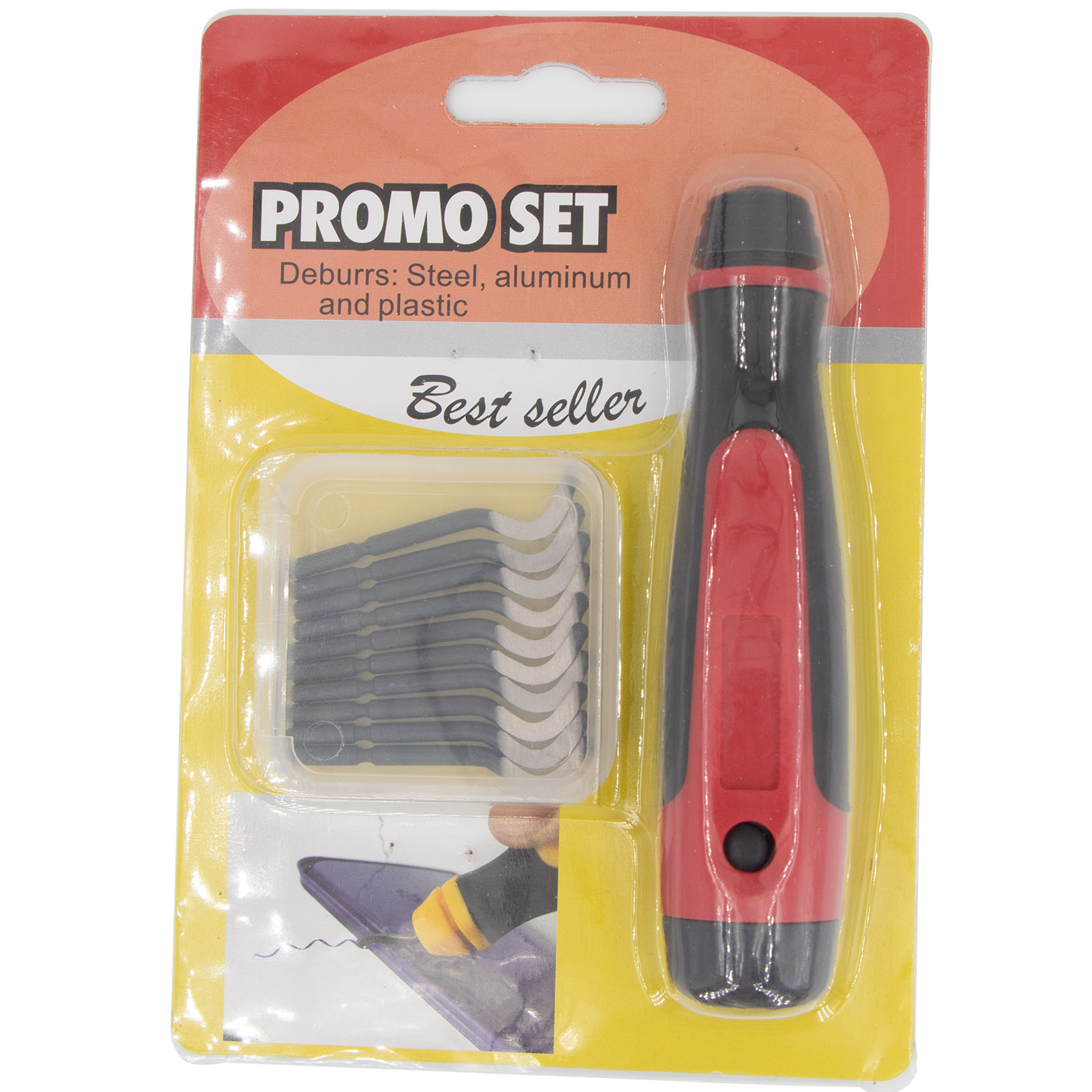 Type E Heavy Duty Deburring Tool Set With Deburring Holder And Deburring Blade
Type E Heavy Duty Deburring Tool Set With Deburring Holder And Deburring Blade -
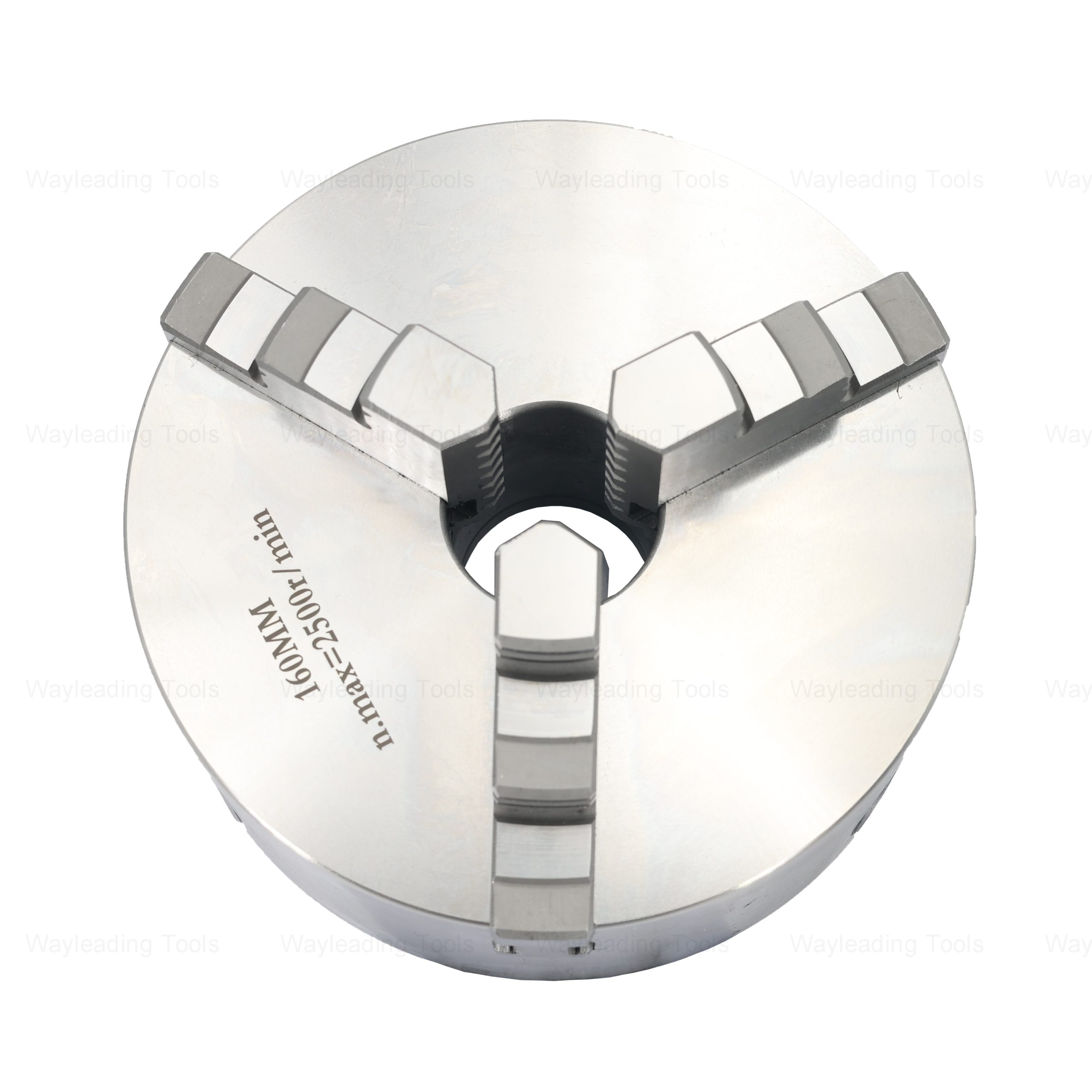 K11 Series 3-Jaw Self-Centering Lathe Chuck – Scroll Type, for Manual Lathes
K11 Series 3-Jaw Self-Centering Lathe Chuck – Scroll Type, for Manual Lathes -
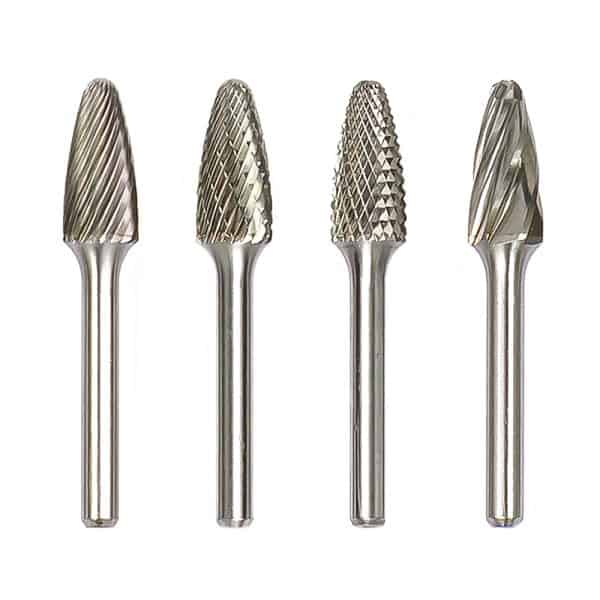 Type F Ball Nose Tree Tungsten Carbide Rotary Burr
Type F Ball Nose Tree Tungsten Carbide Rotary Burr -
 Indexable Spade Drill Holder With Helical Flute Holder And Taper Shank
Indexable Spade Drill Holder With Helical Flute Holder And Taper Shank -
 5C Round Collet With Inch and Metric Size
5C Round Collet With Inch and Metric Size -
 Precision V Block And Clamps Set With High Quality Type
Precision V Block And Clamps Set With High Quality Type -
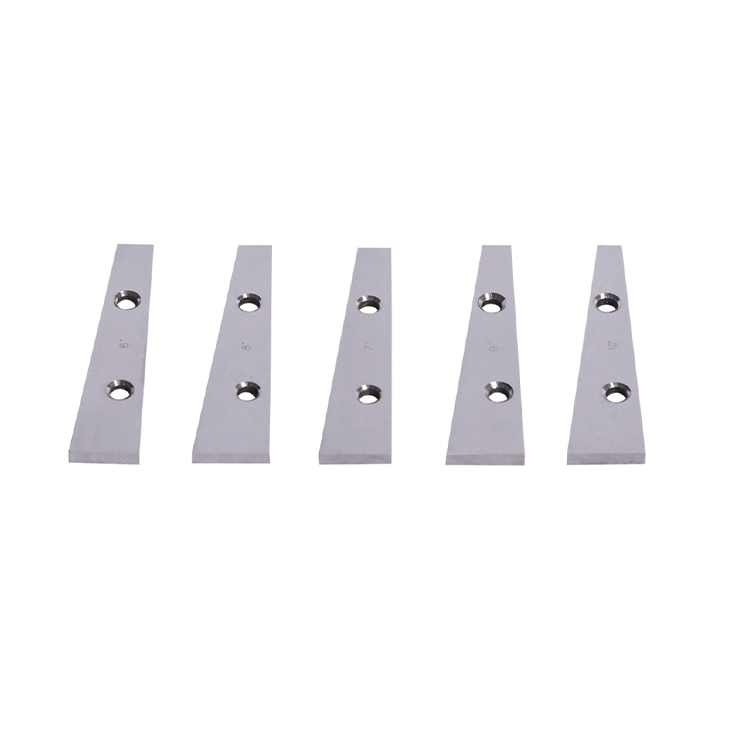 Precision 5pcs & 6pcs Angle Blocks Set With High Quality Type
Precision 5pcs & 6pcs Angle Blocks Set With High Quality Type -
 Precision Dial Test Indicator Holder For Industrial
Precision Dial Test Indicator Holder For Industrial -
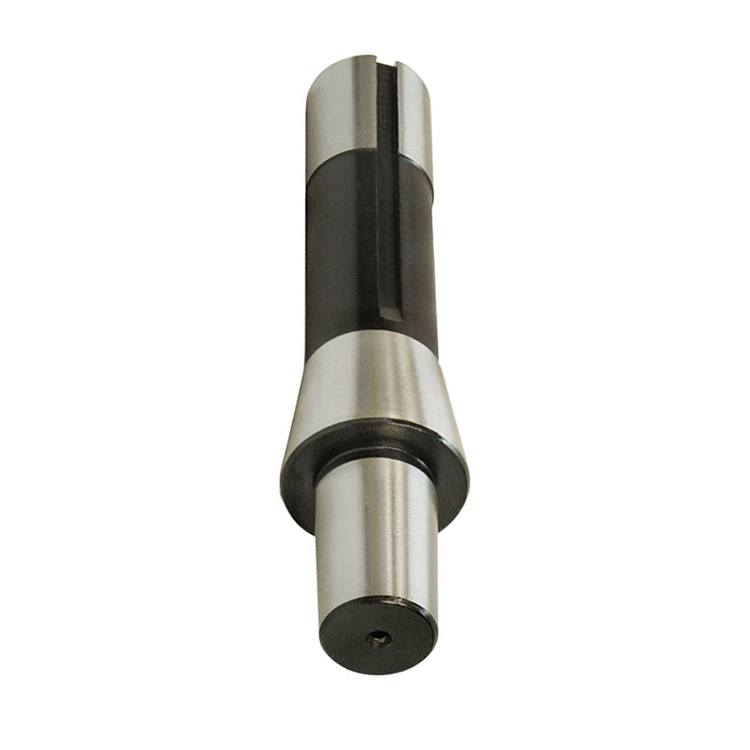 R8 Drill Chuck Arbor For Milling Machine
R8 Drill Chuck Arbor For Milling Machine -
 Digital Indicator – Precision Type, Inch/Metric, Industrial Grade
Digital Indicator – Precision Type, Inch/Metric, Industrial Grade -
 Parting & Grooving Tool Set With SLTB Blcok, NCIH Blades, GTN Inserts
Parting & Grooving Tool Set With SLTB Blcok, NCIH Blades, GTN Inserts

